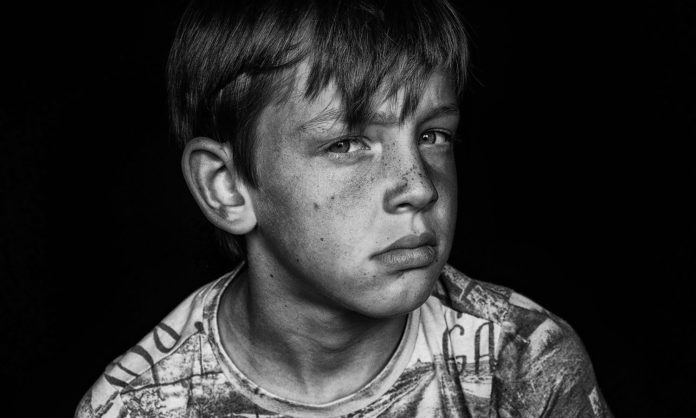Writers often joke about the role revenge plays in their writing. “Don’t piss me off,” they’ll say, “or I’ll kill you off in my next book.” That’s funny because it’s true. We write from life and our lives are filled with unpleasant people: abusive family members, tyrannical bosses, slothful exes, untrustworthy friends. And they tend to wind up in our writing when we need to portray a jerk.
In an essay on Lit Hub, Jocelyn Nicole Johnson says vengeful writing can be cathartic and even healthy, as she’s found in her own writing. “In those stories I was writing about the racism that pollutes my country’s heart, but my fictions are run though with less lofty vendettas,” Johnson says. “No slight is too shallow. Apparently, I’m petty AF.”
One story was inspired by Johnson’s anger at a parent who had yelled at her child over an imagined slight. But, instead of simply using her fiction to lash out, she made space for understanding. “How small would someone have to feel to lose it on a kid, for a slight unseen, unsubstantiated, and not apologize?” she wondered. “I wanted to write a story to expose her, but, almost at once, it turned into a story about me too, about motherly rage writ large, or about ambition deferred. By the time I’d finished writing, I no longer felt so righteous when I spotted that other mother’s silhouette in a passing car window. I recognized myself in her and her in me.”
In some cases, the character with a grievance engages in their own bad behavior, and becomes what they despised in the other. “I write these stories because I feel compelled to call out the bully, even when the bully is me,” Johnson says. “I keep on writing toward what hurts or angers me, trying to get at something I can’t seem to express in any other way.”
Johnson also hopes that her stories reach people who need to read them. “I hope that if you read my vengeful fiction, it grows into something in you more useful than bitter satisfaction,” she concludes. “I do want to make you angry, but with me, so that we might be heartbroken together, and in service of something useful. That in our shared brokenness, we might recognize one another, and begin the real work—in ourselves, between us, and on this ailing earth—a practice of care and repair.”












